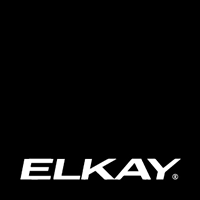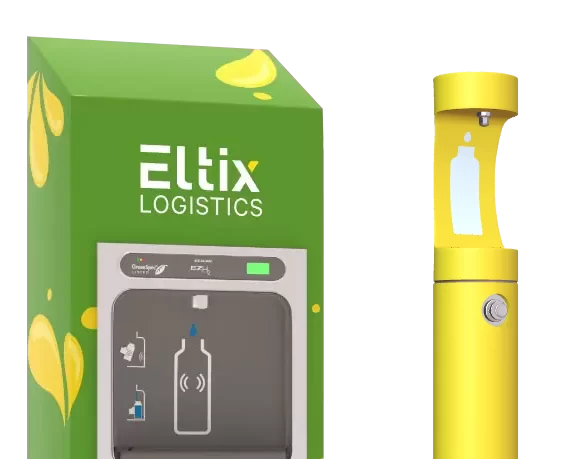 24th Mar 2015 by MIW Water Coolers
24th Mar 2015 by MIW Water Coolers
Energy Drink Epidemic Hits UK Schools
A majority of the adult working population uses coffee, tea and other caffeinated drinks to battle off tiredness and keep them functioning properly throughout the day. As long as we are drinking enough water and getting plenty of sleep, most of us will continue to do so without any adverse effects to our health or wellbeing. However, recent news reports have suggested that the frequent ingestion of high-caffeine drinks can have a detrimental effect on the learning and development of the United Kingdom’s teenagers.
The report states that he high levels of caffeine and sugar in energy drinks like Red Bull, Relentless and Monster are causing children to become hyperactive and unmanageable in a school setting. The larger 500ml cans of energy drink on sale in many supermarkets and convenience stores can contain the equivalent of up to 13 teaspoons of sugar and 160mg of caffeine, which is equal to around four cans of cola.
Staff from schools around the United Kingdom have reported pupils suffering from an inability to concentrate, as well as shakes, dizziness and sickness. In fact, schools public health advisor Claire Duggan described the effects of the drinks as “scary”, especially if consumed too quickly or to excess. Elsewhere, individuals behind the government-backed School Food Plan have described drinks like Red Bull and Monster as another form of “drugs”, suggesting widespread banning of the drinks in the educational environment. Manufacturers and retailers of high-caffeine and high-sugar drinks have implemented a voluntary ban on sales to those under the age of 16, but there are currently no legal regulations on the issue.
Several schools have now independently chosen to ban the consumption of energy drinks by pupils, instead taking steps to promote healthy diets which contribute towards learning and development. As well as educating children on the potentially harmful effects of such drinks, schools are encouraging children to be healthier by offering the facilities and menu choices which are more conducive to a healthy lifestyle.
As well as offering balanced school meals and a variety of healthy snacks, many schools are choosing to install chilled bottle fillers and plumbed water coolers, with a hope to dissuade pupils from picking up Red Bull, Monster and Relentless at their local shops.
Pupils may be inclined to choose sugary drinks over water for the difference in taste, but the latest chilled bottle fillers will deliver filtered water at below 10 degrees Celsius, making for a more pleasant taste with all the benefits of good hydration. Similarly, plumbed water coolers draw water directly from the mains, before filtering and chilling takes place. This delivers uncontaminated water without the unpleasant aftertastes of chlorine or plastic which are common with many older drinking fountains.
A chilled bottle filler or plumbed water cooler provide the convenience for children to regain hydration in between lessons, or even fill up a bottle for drinking throughout the day. Models will rapidly deliver anything from 6 to 20 litres of chilled water every hour, making them popular in high traffic environments like schools where queues can quickly build up.
This offers a great alternative to sugary caffeinated drinks like Red Bull and Monster, allowing pupils to work to their full potential with no adverse side effects.
Does your school or college maintain a plumbed water cooler or chilled bottle filler? Do you think such a product could have an impact on the performance of students?











